National Alzheimer’s Disease Awareness Month: A Vision for the Future
November is National Alzheimer’s Disease Awareness Month. There are currently 5.8 million Americans living with Alzheimer’s disease, and this number is projected to reach 14 million by 2050. Alzheimer’s is a public health crisis, and has a widespread impact — on the individuals living with the disease, their families, communities, our healthcare system, and our economy. Until we find a cure, we must find other ways to help those living with Alzheimer’s disease have the best quality of life possible.
When we first launched our Age Assured blog, the Going Purple series included interviews with experts in the field of dementia. These experts talked to us about their work with individuals with Alzheimer’s and other forms of dementia and their caregivers.
In each of these interviews, we asked the experts about their hopes for how our society will accommodate the rapid growth of Alzheimer’s disease that is projected for the not so distant future. In honor of National Alzheimer’s Month, we reflect back on their answers and think about how we can help make their hopes a reality.
The Experts
In the Going Purple series, we spoke with Dr. Mary Mittelman, a professor at New York University, who developed the NYU Caregiver Intervention, which offers family counseling and support to caregivers of individuals with Alzheimer’s disease.
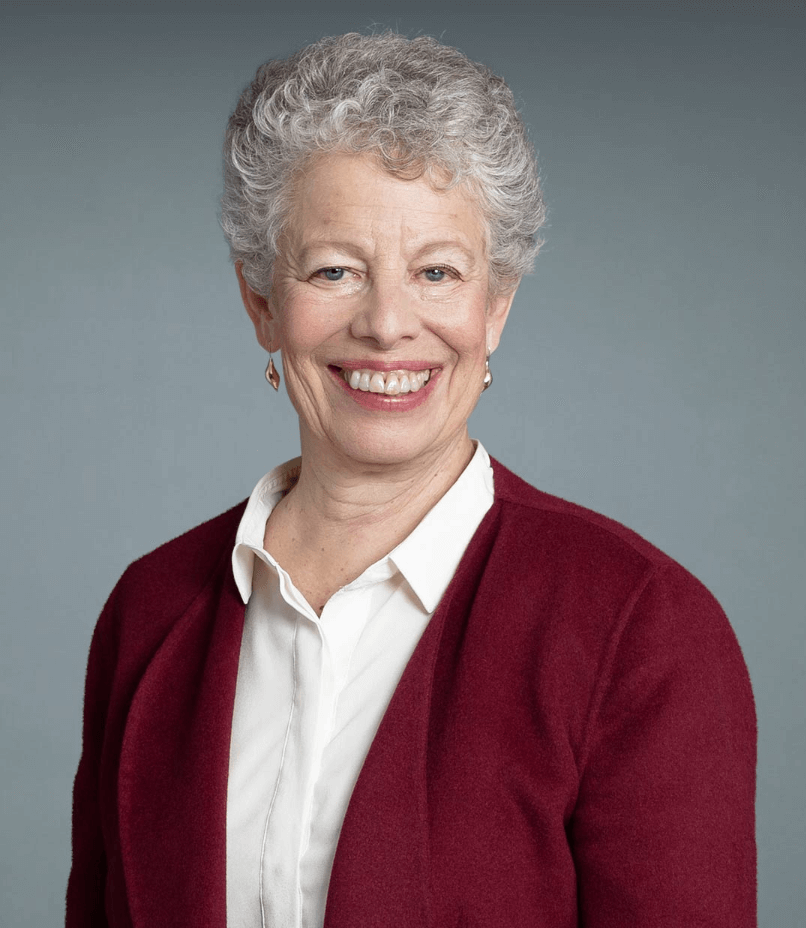
Dr. Mary Mittelman 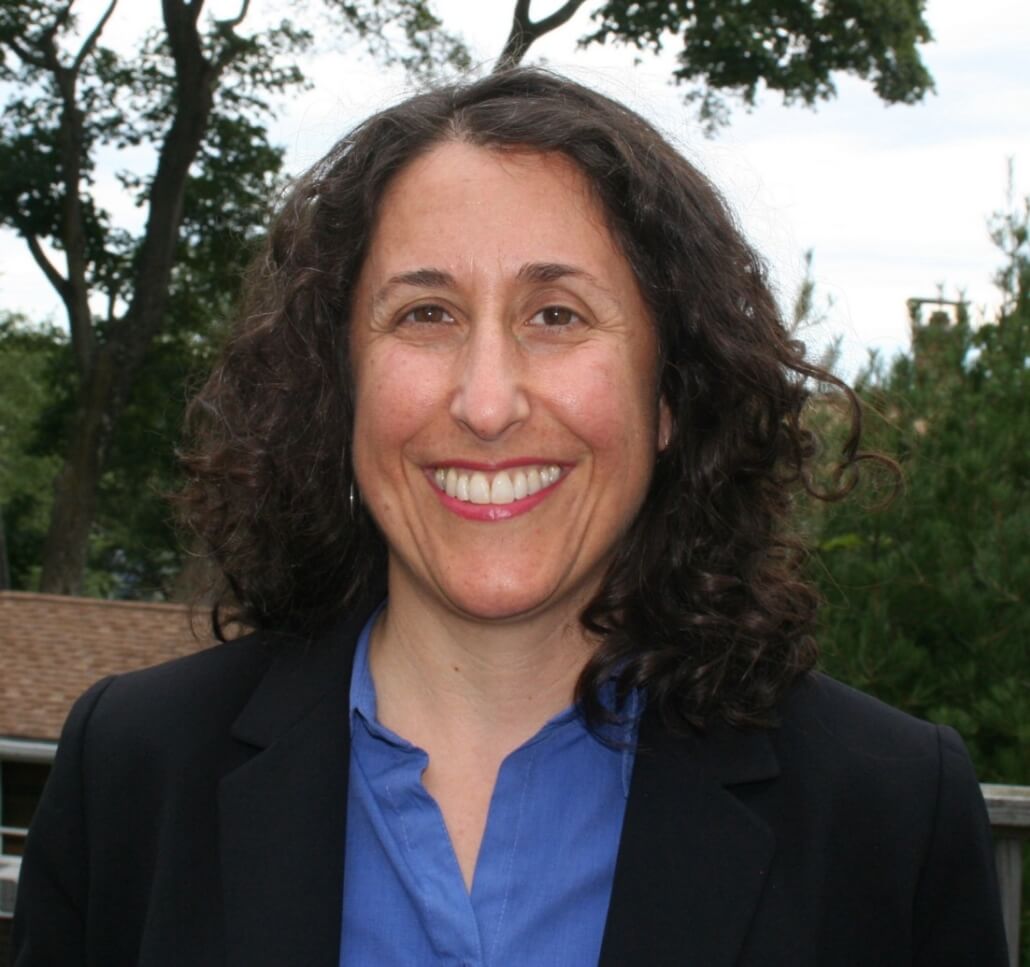
Beth Soltzberg, MSW, MBA
We also spoke with Beth Soltzberg, MSW, MBA, director of the Alzheimer’s/Related Disorders Family Support Program at Jewish Family & Children’s Service of Greater Boston. Beth’s work focuses on promoting social connection, reducing stigma, and raising awareness through a variety of dementia-friendly community-based programs not only for families affected by dementia, but for municipalities, as well.
Our next interview in the series was with Jennifer Pilcher, Ph.D., CMC, an aging life care professional, and president of the New England chapter of the Aging Life Care Association. Personal family experience has inspired Jennifer’s career working with individuals with young onset and atypical dementias.
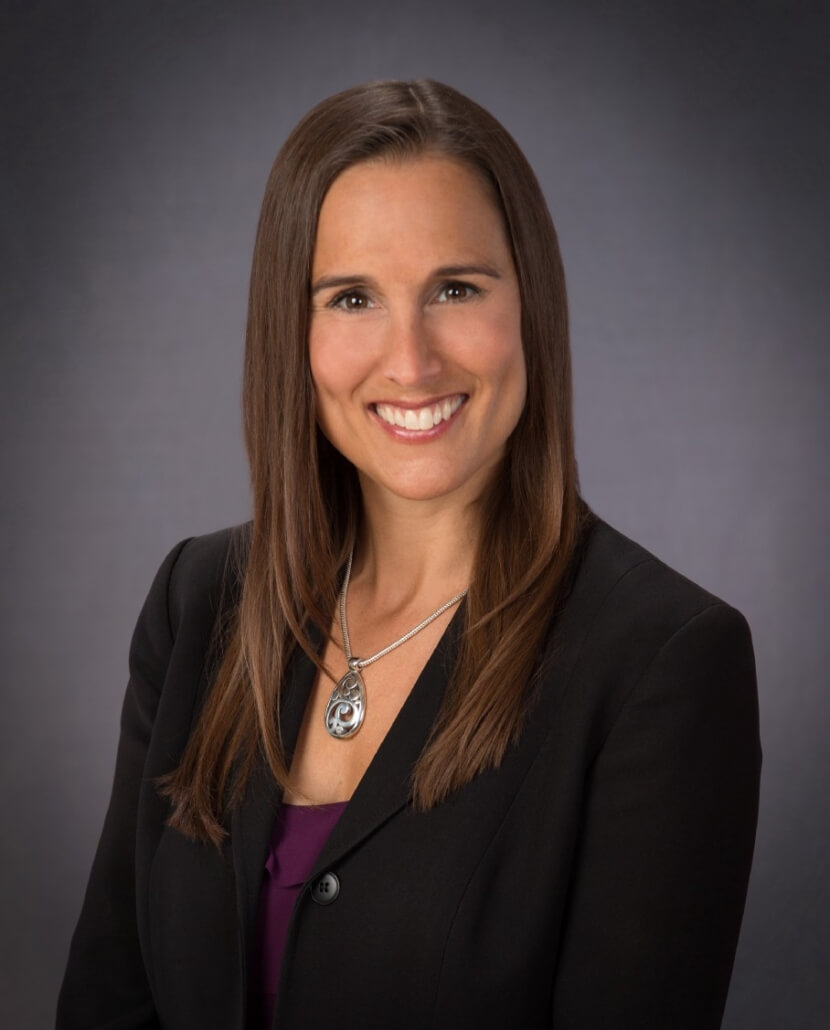
Jennifer Pilcher, Ph.D., CMC 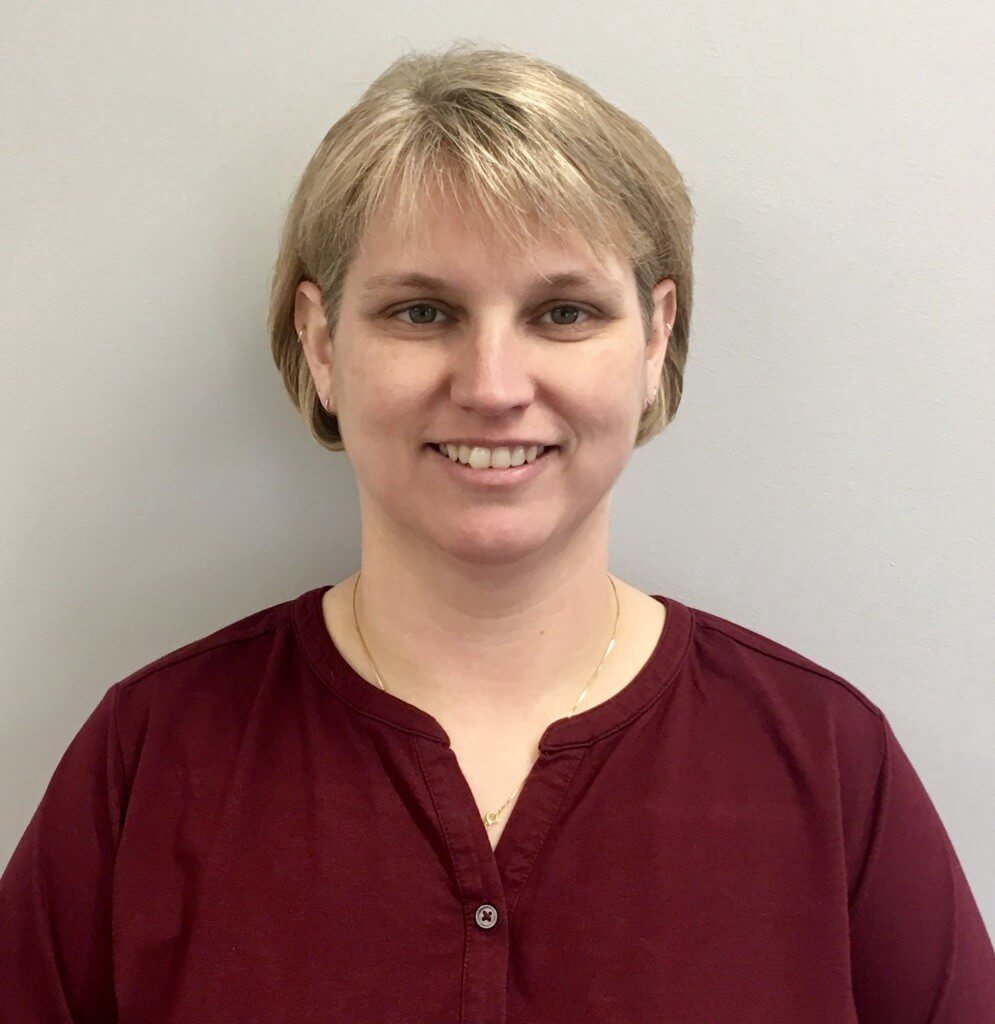
Brooke Patterson, LSW, CDP
We closed out the series by speaking with Brooke Patterson, LSW, CDP from the Massachusetts/New Hampshire chapter of the Alzheimer’s Association. Brooke told us about the many programs and resources available through the Alzheimer’s Association for families dealing with Alzheimer’s and dementia. We also learned about the advocacy and research being done by the Alzheimer’s Association.
Below we’ve tried to summarize the group’s perspectives and hopes for the future of how to best support those dealing with this terrible disease, and the families and friends who support them.
Hopes for the Future of Alzheimer’s
Hope 1: More opportunities for meaningful engagement
Jennifer Pilcher told us that, “purposeful, meaningful activity is so important for people with dementia, even well into the progression of the illness. Yet, there isn’t a lot of opportunity for that kind of activity. I’m not talking about Bingo or just staying busy. I’m talking about real, meaningful engagement.” She hopes that there will be more options for people with Alzheimer’s disease to contribute to society in a meaningful way through things like volunteering.
“I’m not talking about Bingo or just staying busy. I’m talking about real, meaningful engagement.”
-Jennifer Pilcher, Ph.D., CMC
Beth Soltzberg agrees. She has seen in her work that, “when people with dementia are able to participate in meaningful activities, it makes a huge difference in their quality of life.”
Beth told us about a mini-series in the UK called The Restaurant That Makes Mistakes about a restaurant run by people with dementia. We loved this idea! It shows that people with dementia can still be productive members of society, and it’s okay if they make mistakes!
Hope 2: Reduce stigma and social isolation by creating more Dementia-Friendly environments
Both Mary Mittelman and Beth Soltzberg talked about the national Dementia-Friendly movement. Dementia-Friendly communities provide education, training, and accommodations to residents, businesses, and other stakeholders to ensure that communities are equipped to support residents living with dementia and their caregivers in day-to-day life. Mary and Beth expressed hope for a broader adaptation of the movement in our society.
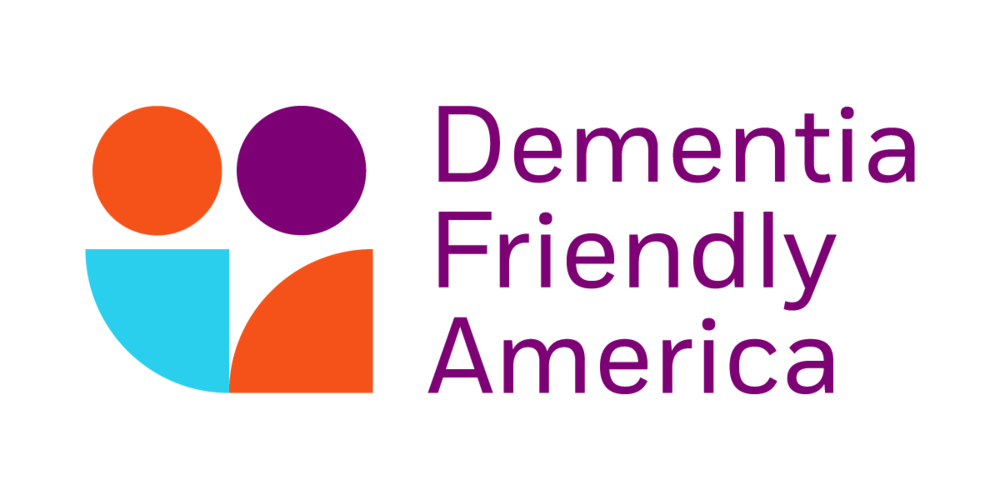
The Dementia-Friendly America movement works to ensure that communities across the country are equipped to support residents living with dementia and their caregivers in day-to-day life. The goal is for individuals with dementia to be able to engage and thrive in their communities. Image Source: Dementia Friendly America
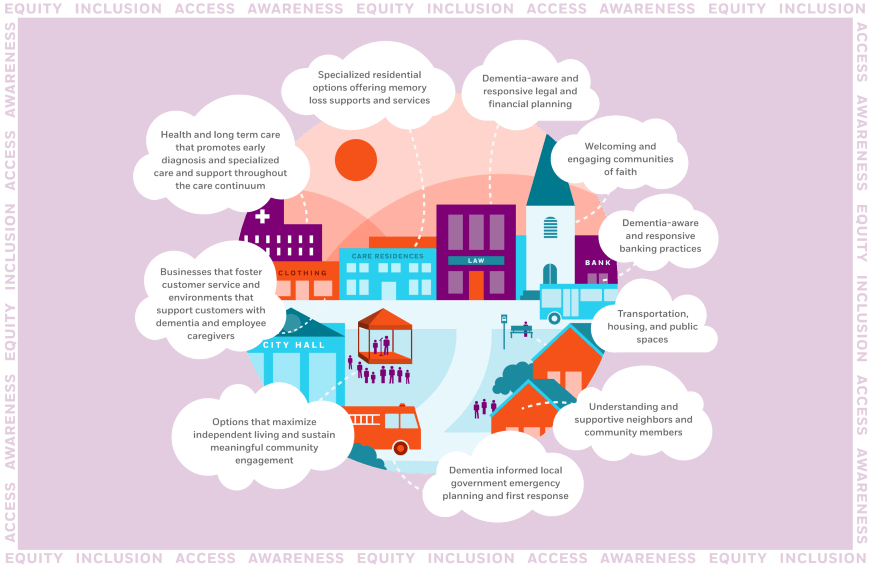
Mary hopes that “[more] education about what dementia is, and trying to reduce the stigma associated with it, would allow people with dementia to participate more fully in everyday life.”
Social interactions are important not only for individuals with dementia, but for their caregivers, as well. Jennifer Pilcher sees a lot of isolation in families dealing with dementia. She attributes it to the stigma attached to Alzheimer’s disease, and to a lack of knowledge in our society about how to communicate with people who have Alzheimer’s disease. Her hope for the future is that “we become more open to having people with Alzheimer’s and dementia be part of our larger community.”
Brooke Patterson from the Alzheimer’s Association also hopes for the elimination of the stigma around Alzheimer’s disease. The Alzheimer’s Association is taking steps to remove stigma by working to increase concern and awareness about the disease through programs, events and advertising.
Hope 3: Treat dementia as the public health crisis it is
Beth Soltzberg does not think that our society as a whole views Alzheimer’s disease as the public health crisis that it is. She feels that families are left to shoulder the burden on their own. She told us that, “there’s just no way individual families will be able to handle the financial, emotional, and caregiving impact.” Her hope is that local, regional, state and federal government will play a larger role in supporting families dealing with this disease. She also hopes that we can learn from public health care systems around the world, which have prepared for the budgetary impact of the disease.
“There’s just no way individual families will be able to handle the financial, emotional, and caregiving impact.”
-Beth Soltzberg, MSW, MBA
Brooke Patterson and the Alzheimer’s Association recognize that Alzheimer’s is already a public health crisis, with more than 5 million Americans living with the disease, and 16 million family and friends providing their care. “We know that without prevention, treatment and a cure, these numbers are going to continue to rise,” said Brooke.
Hope 4: Increase Research & Awareness
The Alzheimer’s Association is the world’s largest nonprofit funder of Alzheimer’s research, and the leading voice for Alzheimer’s disease advocacy. Brooke Patterson hopes that the Alzheimer’s Association can continue to fight for critical Alzheimer’s research, care and support initiatives at both the state and federal level.

Beth Soltzberg hopes that we can make national changes by looking to other countries, like Japan, that are better prepared to handle the growing number of individuals with Alzheimer’s and other forms of dementia. Beth told us that Japan has found a scalable way to train their entire population about the disease, and she would like to see a similar initiative in the US.
Hope 5: More help for families to pay for and access care
“We need some vehicle to make long-term care insurance affordable and widely available to move that market forward very quickly,” said Beth Soltzberg. She hopes for a national long-term care insurance program to help families cover the cost of care, and feels inspired by states who have already taken steps to do so. She also hopes for better workplace flexibility for caregivers, more day programs and residential options to give families better access to care.
“We need some vehicle to make long-term care insurance affordable and widely available to move that market forward very quickly.”
-Beth Soltzberg, MSW, MBA
The Alzheimer’s Association helps families dealing with dementia access care, and offers many support programs, like the Care Coordination program, where Brooke Patterson is the clinical manager. Brooke hopes that the Alzheimer’s Association is able to continue to support families until a cure is found. “Until we find a treatment or a cure, the Alzheimer’s Association will always be here for individuals and families that need them, providing the care and support they require.”
In addition to the Alzheimer’s Association, there is work being done at the state and national level to help support families dealing with dementia. The National Family Caregiver Support Program (NFCSP) provides grants to states and territories to fund various supports that help family and informal caregivers care for older adults in their homes for as long as possible. The NFCSP provides information to caregivers about available services, assistance to caregivers in gaining access to the services, individual counseling, organization of support groups, and caregiver training, respite care, and supplemental services (on a limited basis).
New changes to Medicare Advantage (MA) plans are also designed to better support families dealing with dementia. Starting in 2020, MA plans may cover respite and other support for caregivers (such as counseling and training courses), adult day health, in-home support services, and other benefits to help people live at home longer.
Thinking Ahead…
Without a cure, what can we, as professionals in the field, do about the public health crisis that is Alzheimer’s disease? We need to create and embrace new and innovative approaches to the problem. The Dementia-Friendly movement, changes to Medicare Advantage plans, state-funded long-term care insurance programs, new models of housing, legislation to support families are all steps in the right direction. We know that the burden of Alzheimer’s disease is growing and the systems supporting it are crumbling under the pressure. We need to share ideas, collaborate, and build new systems.
What is YOUR vision for the future of Alzheimer’s disease? Tell us in the comments below! ⬇️⬇️️ And don’t forget to follow Assured Allies on Medium, Facebook, Twitter, and LinkedIn!








